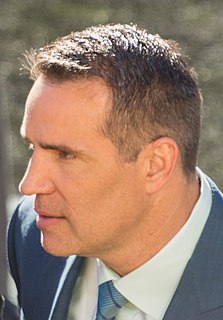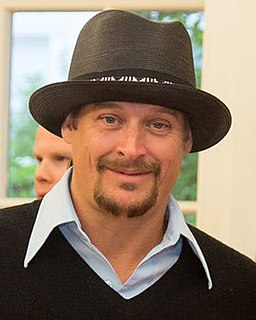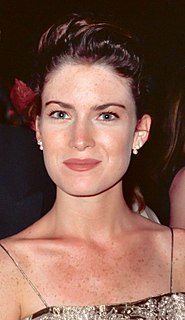A Quote by Whitfield Diffie
I really believe in the radical viewpoint. And I have always believed that one's politics and the character of his particular work are inseparable.
Related Quotes
It's clear that he was incredibly courageous in his critique of white supremacy, wealth inequality, and imperial power as it relates to war in particular. But it's easy to deodorize Martin King, to sanitize or sterilize him. And I simply want to reveal his radical love and his radical analysis as what they really were.
I think that a lot of the time I don't go for something in particular. I see what comes to me, I filter it out. I never really strive to play a particular character or do a particular genre of film. As long as it's a good script and a great range of people and my character is really interesting I can't see any reason not to do it.
I think it's important not to view Martin Luther King Jr. in a narrow political manner. His fundamental commitment is to a radical love of humanity, and especially of poor and working people. And that radical love leads him to a radical analysis of power, domination and oppression. What's difficult is to situate him ideologically under a particular category.
It's not the way I threw the football - it's not particular games that I won - but that they remember that here's a guy that believed, that worked hard. Although things didn't always go in his favor, he continued to press through, and with his faith in himself and his faith in God, he was able to accomplish great things.
The thing that you have to understand about those of us in the Black Muslim movement was that all of us believed 100 percent in the divinity of Elijah Muhammad. We believed in him. We actually believed that God, in Detroit by the way, that God had taught him and all of that. I always believed that he believed in himself. And I was shocked when I found out that he himself didn't believe it.
You think OWS is radical? You think 350.org was radical for helping organize mass civil disobedience in D.C. in August against the Keystone Pipeline? We're not radical. Radicals work for oil companies. The CEO of Exxon gets up every morning and goes to work changing the chemical composition of the atmosphere. No one has ever done anything as radical as that, not in all of human history.
No man is happier than he who loves and fulfills that particular work for the world which falls to his share. Even though the full understanding of his work, and of its ultimate value, may not be present with him; if he but love it--always assuming that his conscience approves--it brings an abounding satisfaction.



































